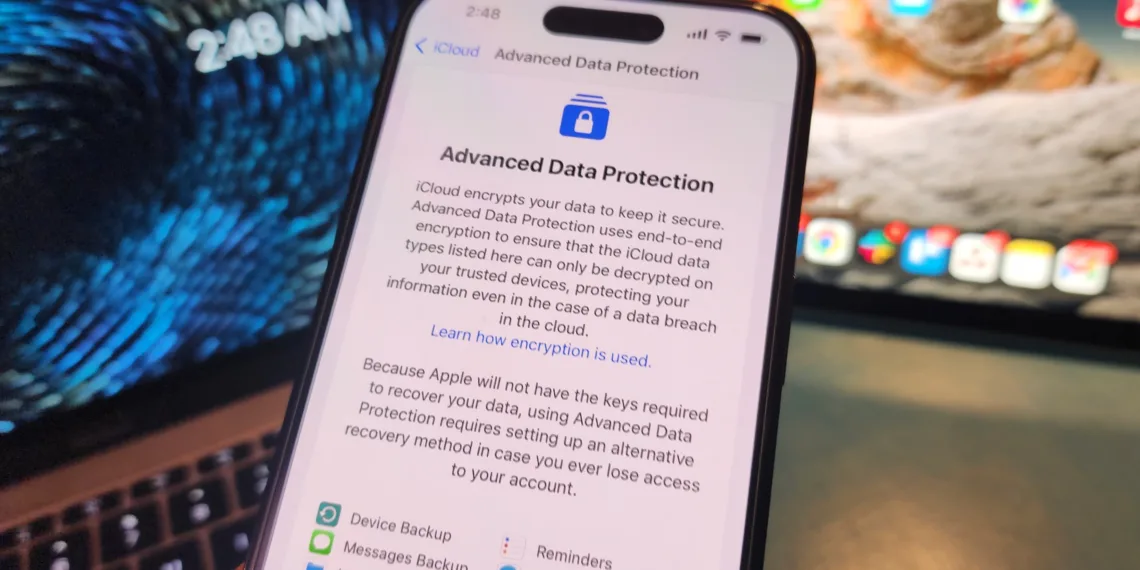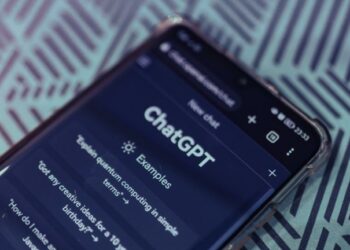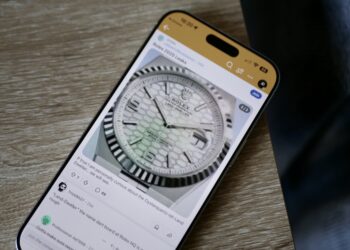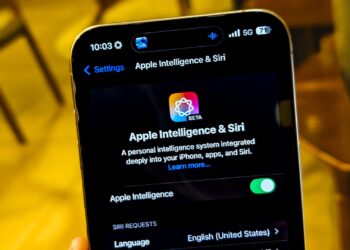Select Language:
In 2016, the FBI approached Apple for access to a backdoor in iOS, but the request was firmly denied by CEO Tim Cook. Later, in 2021, Apple escalated the matter by taking legal action against an Australian firm that had managed to unlock an iPhone for the FBI.
Now, Apple finds itself facing another crucial security dilemma that threatens its iPhone business and the privacy of users worldwide. A report from The Washington Post reveals that the British government has mandated Apple to provide broad access to the encrypted data stored by iPhone users in iCloud.
According to the report, "British officials have instructed Apple to create a backdoor that would allow them to access all content uploaded by any Apple user globally."
At the heart of this issue is a feature called Advanced Data Protection, which Apple started rolling out in 2022. This enhancement allows users to safeguard their iCloud content with end-to-end encryption. As a result, even Apple cannot access this data; only the user can unlock it after verifying their identity. The encrypted information on Apple’s cloud storage encompasses photos, notes, reminders, messages, bookmarks, and voice memos.
The demand for access reportedly stems from the Home Secretary’s office and cites the U.K. Investigatory Powers Act (IPA) of 2016. This legislation permits law enforcement agencies to coerce businesses into compliance. Often referred to as the "Snooper’s Charter," the IPA empowers the government to "collect and retain information about individuals’ online activities," according to the Digital Freedom Fund. Notably, legislation that enhances the IPA’s reach was approved in the United Kingdom and enacted in April of last year.
Liberty, a prominent civil rights organization, contends that the IPA also enables the government to "hack into our phones and computers while creating extensive ‘personal datasets’." This group is currently engaged in a legal battle challenging the provisions of the IPA.
The IPA proceedings are shrouded in secrecy; even revealing a government demand that invokes the order is considered a criminal act. Last year, Apple contested another demand related to the IPA, claiming it represented "an unprecedented governmental overreach." In that situation, the company hinted it might remove services like iMessage and FaceTime from the U.K. market rather than jeopardize user security.
As for the latest directive from the British government, Apple has the option to appeal, but local regulations prevent any delay in compliance. Most concerning is the fact that if Apple complies with the request, it will be unable to alert users about the compromised security of their devices.
A U.S. consultant specializing in encryption matters indicated that "Apple would not be able to alert users that its top-tier encryption no longer provided complete security."
The ramifications of this situation could be significant. The U.K. government seeks not only to access the information of local iPhone users but also to extend this surveillance to users in other countries. If a democratic nation like the U.K. can impose such power over a tech giant, authoritarian regimes could similarly demand access. This comes during a time of heightened alert in the United States, particularly in light of cyber threats linked to China, prompting officials to boost their digital security, including the use of encrypted applications.






